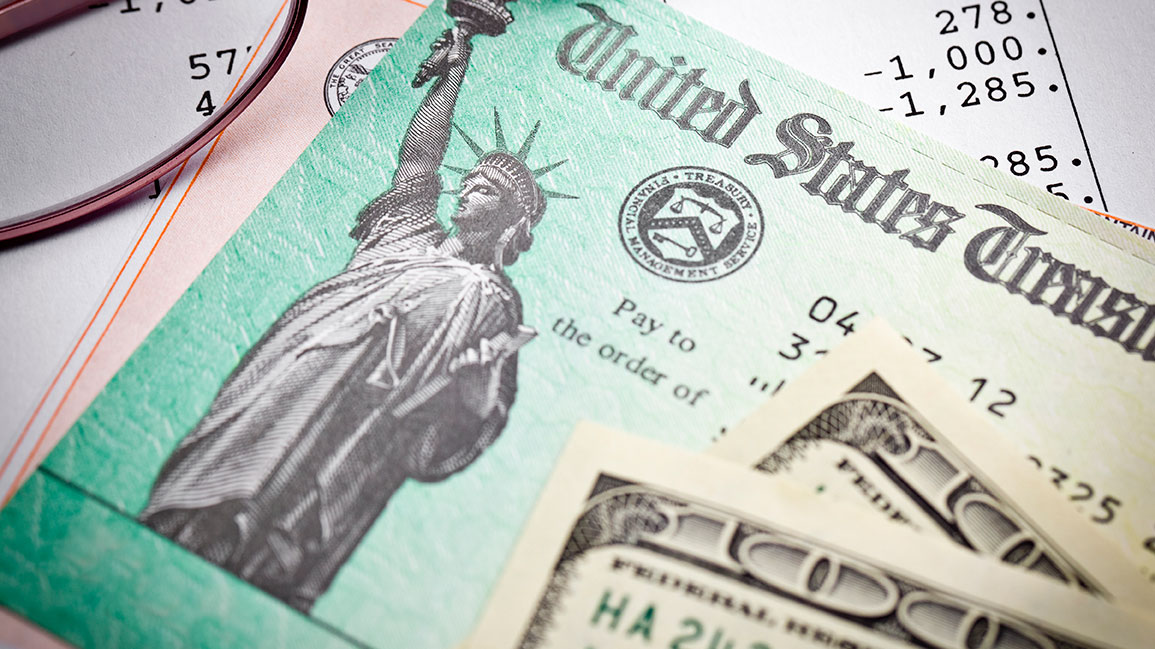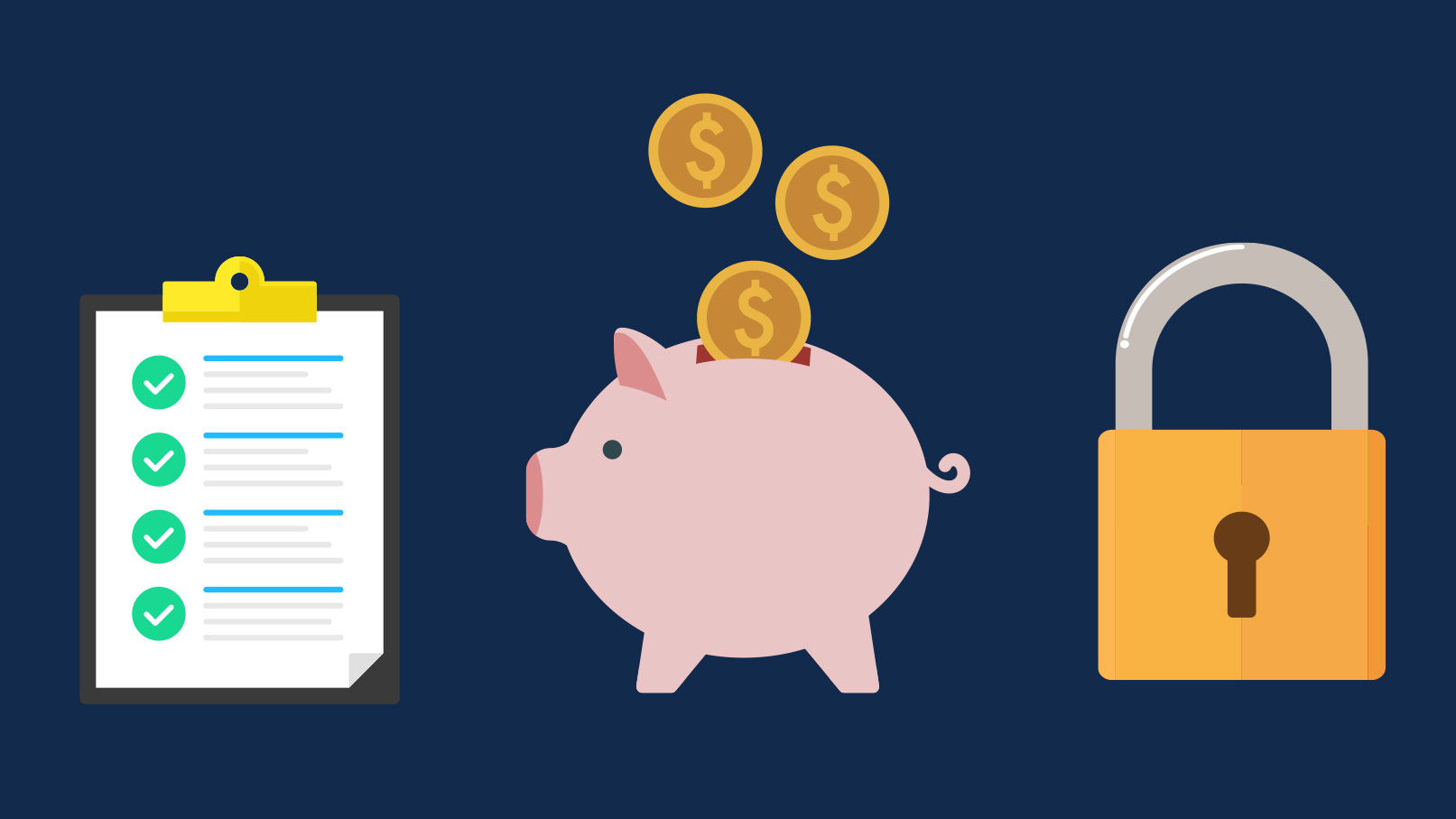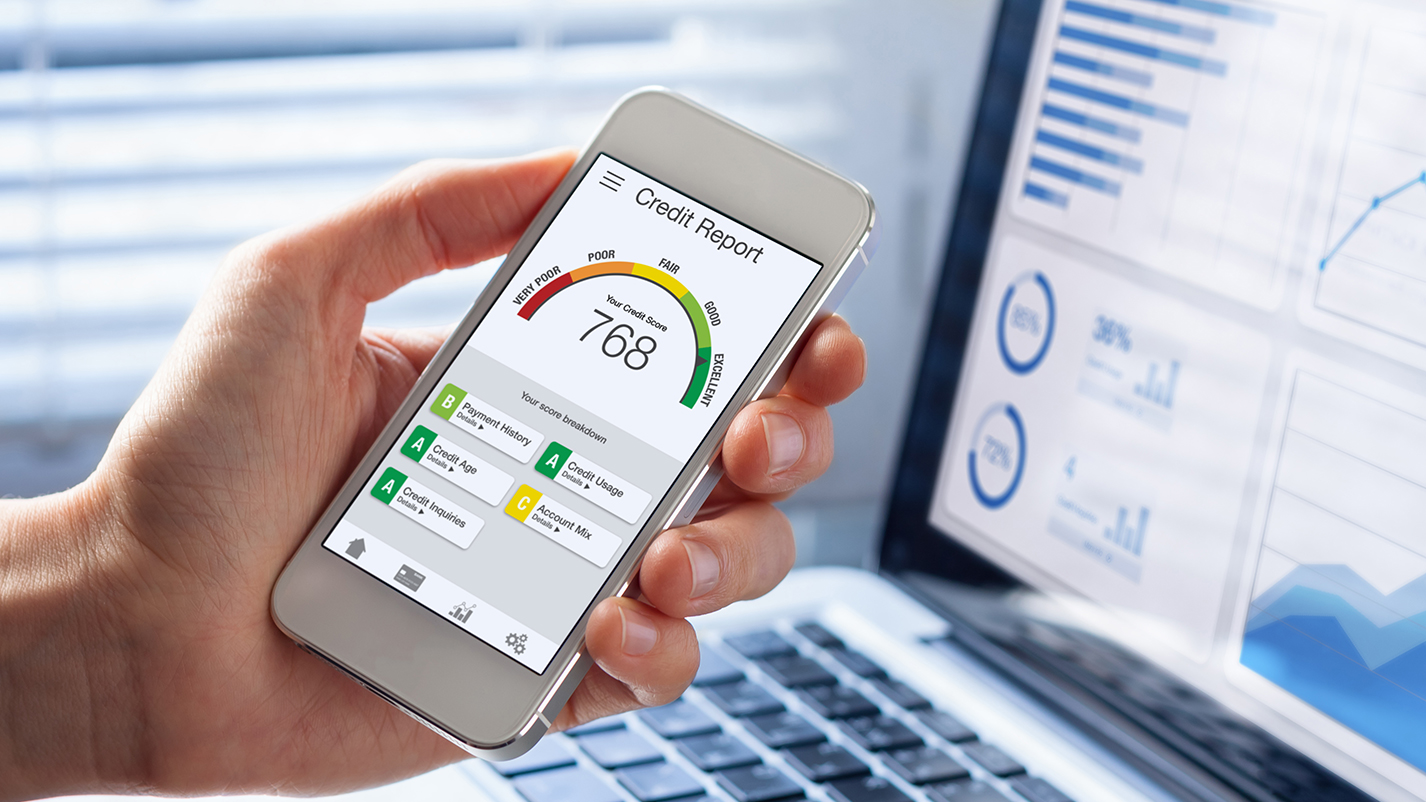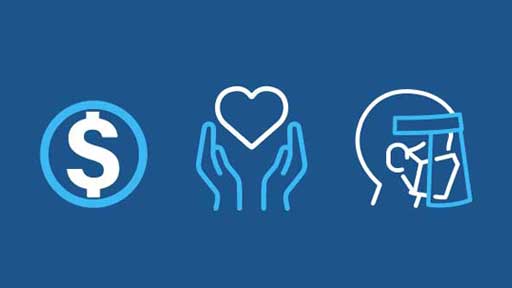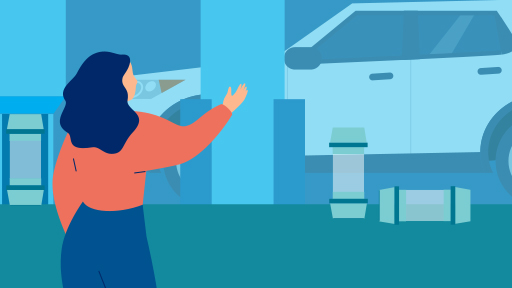
Remember not all debt is bad as we wrote about in another post. But if you feel overwhelmed by mounting credit card bills, it’s time to take action. Use these three steps recommended by Michigan Schools and Government Credit Union experts to help you tackle your debt: be attentive, get organized, and make a plan.
Be Attentive
First: don’t ignore the problem. If you are waiting for the “right time” to tackle your debt, keep in mind that credit card debt is exponential. That means what you pay in interest rises over time. Carrying a balance from month to month means you’ll end up paying “interest on the interest.” So even if you are making steady payments, you may not be reducing your balance. The longer you wait, the more money you’ll pay in interest versus the balance. Maintaining a high balance also doesn’t leave you any wiggle room for emergencies. You want your credit card to be a tool in your financial toolbox ready when you need it.
Get Organized
Gather all recent credit card statements, including retail cards. Create a spreadsheet or write out the credit limit, balance, interest rate, and minimum payment for each of your cards. Then, look through all transactions and recent card activity. First, check your statement to make sure the charges are all valid. Then, look for patterns or spending habits. This may be difficult to spot, so here are a few helpful tips to identify patterns in your spending habits:
- Circle all purchases less than $20. See how much these small costs add up! The Consumer Financial Protection Bureau recommends paying cash for transactions less than $20. If you don’t have cash, reach for your debit card. Paying by debit is just as easy, you can swipe or insert your card or even go contactless by uploading your debit card to your phone’s mobile wallet.
- Write down how often you use retail credit cards. Stores encourage you to apply for their card, offering discounts and special saving opportunities. You may think you’re shopping smart but if you aren’t paying the balance in full each month, interest and fees can add more than 20% to the cost of your purchase.
Make a Plan
There is not one perfect way to climb out of debt. You’ll need to decide which will work best for you. Here are some ideas:
- Set a goal to start paying off the card with the highest interest rate first. Contribute higher payments here until the debt is gone, then continue with the next highest interest rate card. This method is likely to a take longer time to see a substantial reduction; however it will save you the most money overall.
- Consolidate your cards into one payment. You can do this in different ways. A debt consolidation loan allows you to combine multiple balances into one payment, usually at a much lower interest rate than your credit cards. You can also consolidate by transferring balances to one low-rate credit card. For both options you’ll have just one bill to keep track of instead of many, reducing the chance of fees from missed or late payments. Plus, you’re likely to reduce the amount of interest you pay each month, allowing you to pay more of the balance. Not sure which to choose – reach out to a friendly team member at Michigan Schools and Government Credit Union, who can help you through the options.
- Take control of your spending or you’re likely to fall into debt again. If your habits don’t change, your situation won’t either. Create spending rules to live by such as paying more often in cash, less online shopping, or eating more at home. To keep yourself motivated, allow non-monetary rewards for positive behavior such as binging a new show or a home spa treatment.
- Pay more than minimum every month. Paying off your total credit card balance each month will be the fastest way to get out of debt so contribute as much as you can afford. It’s tempting to fall into only paying the minimum payment. Remember paying a little more now can save you a lot later.
- Pick the card that is right for you. If you tend to carry a balance from month to month, then look for a card with no annual fee and a fixed, low interest rate. A person who is committed to paying their balance in full each month may find a rewards card with cash back or bonus points to be their preferred option.
If you aren’t sure how best to tackle your credit card debt, don’t be afraid to ask for help! Michigan Schools and Government Credit Union has Certified Credit Union Financial Counselors at every branch – and we’re ready and willing to help you meet your goals.
Sources:
CFPB- consumerfinance.gov
![]() Intersted in learning more about debt management? Check out this 5-minute interactive lesson.
Intersted in learning more about debt management? Check out this 5-minute interactive lesson.
Category: Finance
« Return to "Blog"






















